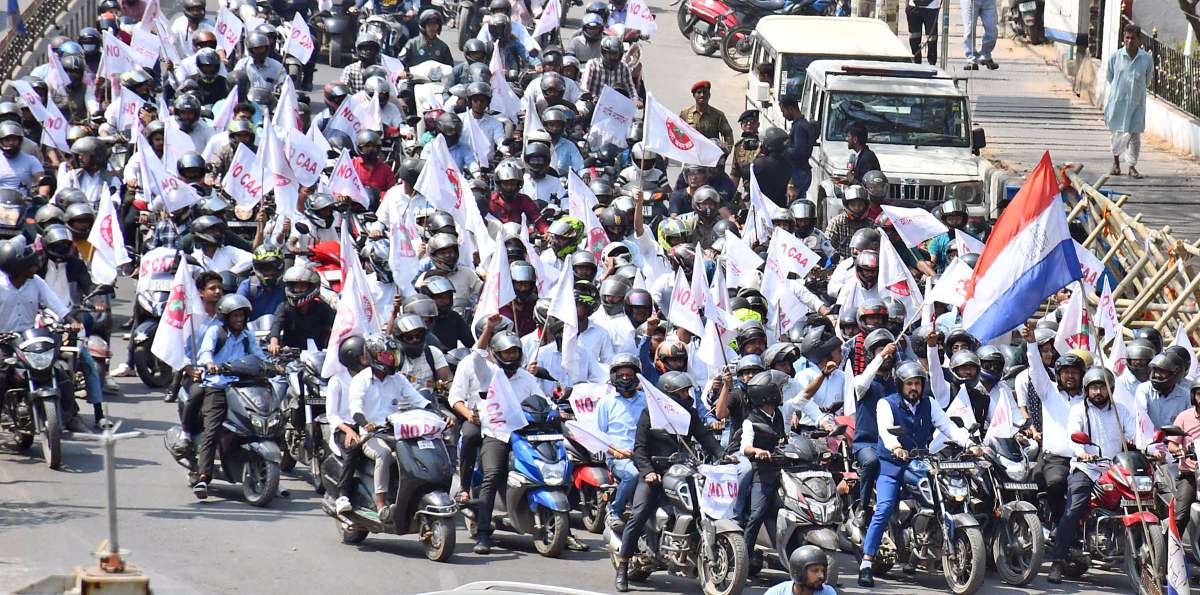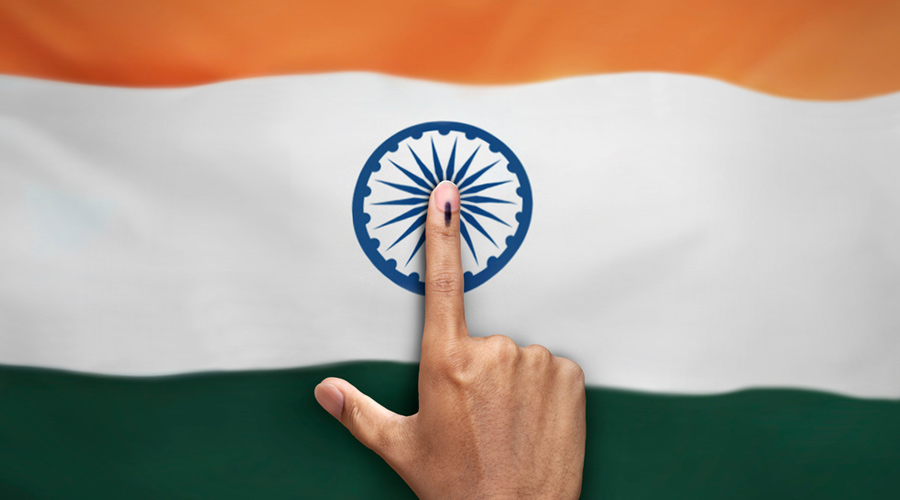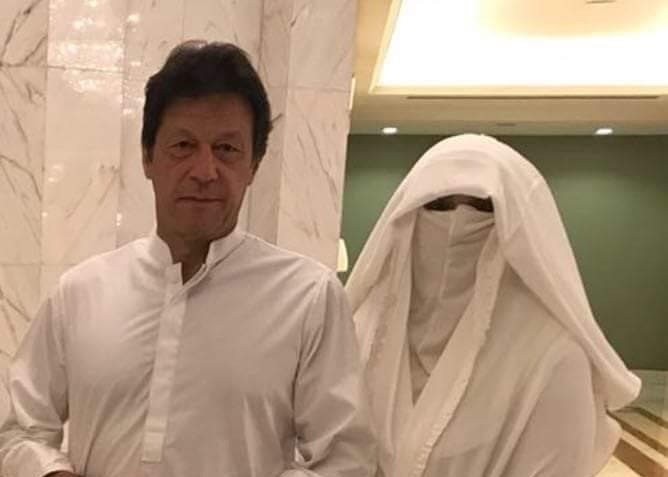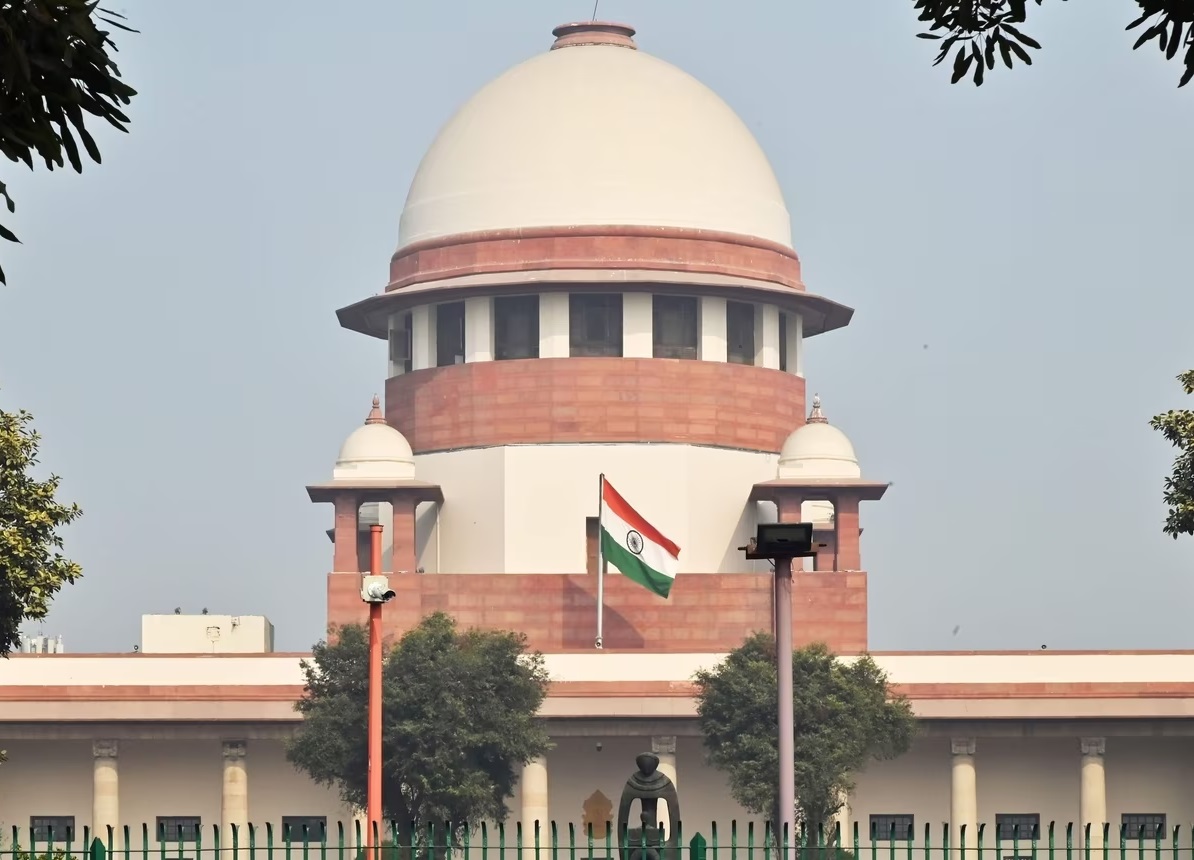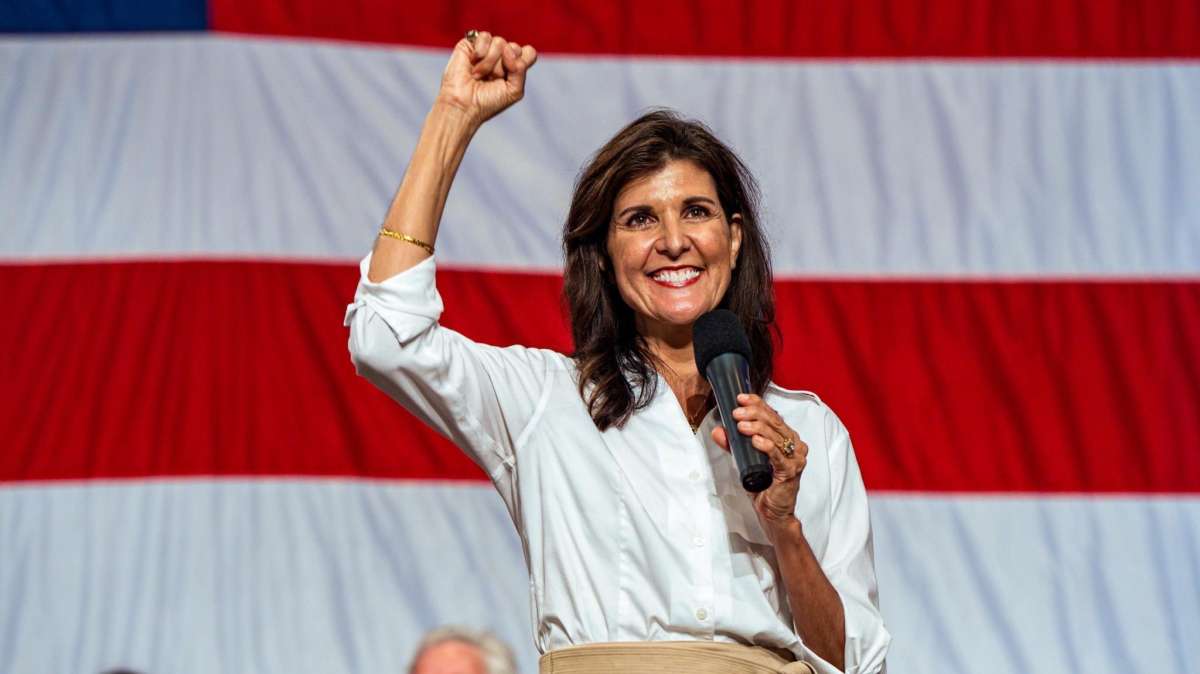Advocate Prashant Bhushan for ADR mentioned the plea before a SC bench and apprised the top court that SBI has filed an application for extension which will be listed on Monday….reports Asian Lite News
The Association for Democratic Reforms (ADR) has moved a contempt petition in the Supreme Court against the State Bank of India for not complying with the top court direction to disclose details of electoral bonds to the Election Commission.
Advocate Prashant Bhushan for ADR mentioned the plea before a bench led by Chief Justice of India DY Chandrachud and apprised the top court that State Bank of India has filed an application for extension which will be listed on Monday.
Advocate Bhushan urged the top court to list ADR’s plea along with SBI’s application. CJI asked advocate Bhushan to complete the pre-listing formalities and then they will consider listing it.
On March 15, the Constitution bench of the Supreme Court asked the SBI to furnish details of the political parties that received Electoral Bonds since April 12, 2019, and all the particulars received and submit them to the Election Commission of India by March 6. This has come when the top court held Electoral Bonds scheme is violative of Article 19(1)(a) and unconstitutional and struck down Electoral Bonds scheme.
As the State Bank of India (SBI) missed the deadline to submit the details, it has moved the Supreme Court seeking an extension of time till June 30 to submit details of Electoral Bonds to the Election Commission of India. SBI in its application said that it needs extra time to disclose details of electoral bonds encashed by political parties.
Now ADR has sought to initiate the contempt proceedings against SBI for not complying the court order and said that it has wilfully and deliberately disobeyed the judgment passed by the Constitution Bench of the top court, and the same not only negates the right to information of the citizens, but also wilfully undermines the authority of the apex court.
ADR, one of the petitioners in the matter, said that two days before the expiry of the stated deadline for State Bank of India (SBI) for submitting information concerning electoral bonds to the Election Commission of India, SBI has filed the application, which is mala fide and demonstrates a wilful and deliberate disobedience & defiance of the judgement passed by the Constitution Bench of the top court. The contempt plea also stated that it is a clear attempt to undermine the authority of the apex court.
ADR submitted that the State Bank of India has deliberately filed the said application at the last moment in order to ensure that the details of donor and the amount of donations are not disclosed to the public before the upcoming Lok Sabha elections. “The said application neither discloses the progress made so far & steps taken to comply with the judgment dated February 15, 2024, nor it shows even part- compliance of the judgment passed by this Court,” ADR said.
SC to hear SBI plea
The Supreme Court will hear a State Bank of India (SBI) plea on March 11 seeking an extension of time until June 30 to submit details of electoral bonds to the Election Commission of India.
A five-judge Constitution Bench led by Chief Justice of India DY Chandrachud will hear the matter on March 11. The Constitution Bench will also hear the Association for Democratic Reforms (ADR) contempt petition on that day too.
ALSO READ: Indian women beyond borders – a formidable force in world politics


